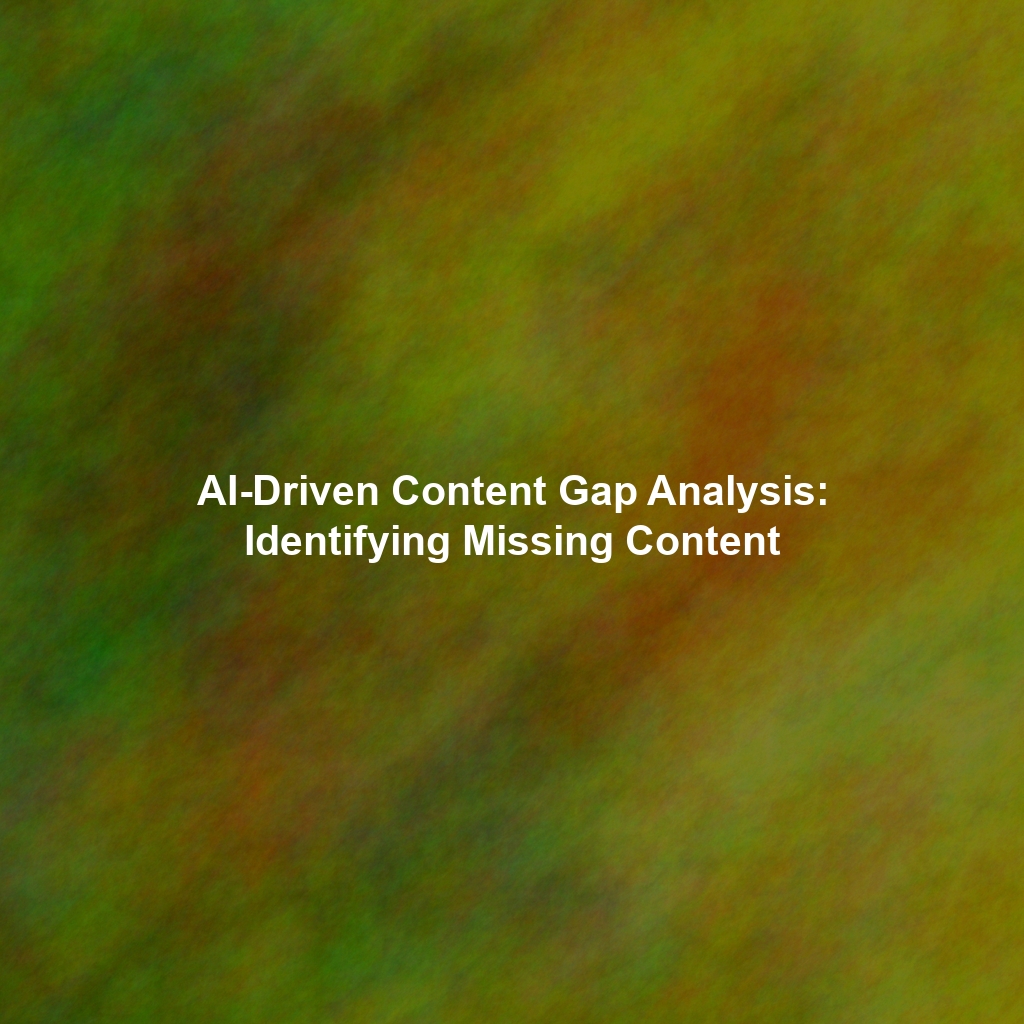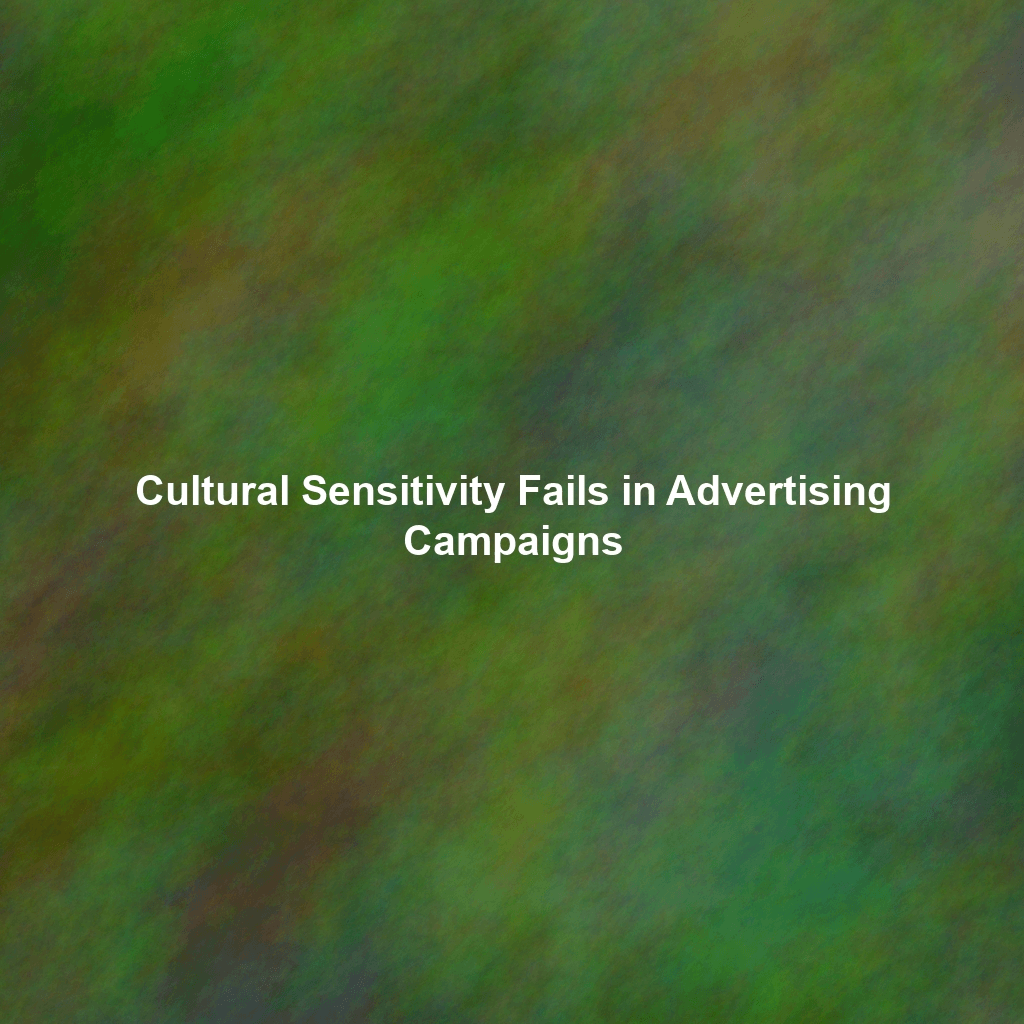Introduction: The AI Revolution in Content Marketing
Content marketing has evolved from a creative art to a data-driven science, and Artificial Intelligence (AI) is at the heart of this transformation. Today’s marketing professionals, content creators, and business owners are increasingly leveraging AI tools to streamline processes, enhance content quality, and achieve unprecedented ROI. This article delves into the practical applications of AI in content marketing, providing actionable insights and strategies to help you navigate this exciting landscape.
Why Embrace AI in Content Marketing?
The benefits of integrating AI into your content marketing strategy are numerous and impactful. Here are some key advantages:
- Increased Efficiency: AI automates repetitive tasks like keyword research, content optimization, and social media scheduling, freeing up your team to focus on strategic initiatives.
- Improved Content Quality: AI-powered tools can analyze vast amounts of data to identify trending topics, optimize headlines, and even generate high-quality content.
- Enhanced Personalization: AI enables you to deliver personalized content experiences to your audience, increasing engagement and conversions.
- Data-Driven Insights: AI provides valuable insights into content performance, allowing you to make informed decisions and optimize your strategies for maximum impact.
- Competitive Advantage: By leveraging AI, you can stay ahead of the curve and gain a significant competitive advantage in the ever-evolving digital landscape.
Key AI Tools for Content Marketing: A Comprehensive Overview
The AI landscape offers a plethora of tools designed to enhance various aspects of content marketing. Let’s explore some of the most impactful categories and specific examples:
1. AI-Powered Content Generation
These tools assist in creating various content formats, from blog posts and articles to social media captions and product descriptions.
- GPT-3 (and its successors like GPT-4): A powerful language model that can generate human-quality text on a wide range of topics. It can be used for brainstorming ideas, writing outlines, and even creating complete drafts.
- Jasper (formerly Jarvis): A popular AI writing assistant that helps you create engaging and persuasive content for various marketing channels.
- Copy.ai: Another AI-powered copywriting tool that generates high-converting copy for websites, ads, and social media.
- Rytr: A more affordable option that still provides impressive content generation capabilities.
2. AI for Keyword Research and SEO Optimization
These tools help you identify relevant keywords, analyze competitor strategies, and optimize your content for search engines.
- SEMrush: A comprehensive SEO tool that offers AI-powered keyword research, competitive analysis, and content optimization features.
- Ahrefs: Another leading SEO platform that provides advanced keyword research capabilities, backlink analysis, and content gap analysis.
- Surfer SEO: A tool specifically designed to help you optimize your content for specific keywords by analyzing top-ranking pages and providing actionable recommendations.
- Scalenut: This tool combines keyword research, content planning, and AI writing assistance into a single platform.
3. AI-Driven Content Curation and Distribution
These tools help you discover relevant content, curate engaging social media feeds, and distribute your content to the right audience at the right time.
- BuzzSumo: A content marketing platform that helps you discover trending topics, analyze content performance, and identify influencers.
- Curata: A content curation tool that helps you find, filter, and organize relevant content from various sources.
- SocialPilot: A social media management platform that uses AI to optimize your posting schedule and improve engagement.
- Buffer: Another popular social media scheduling tool that offers AI-powered analytics and content recommendations.
4. AI for Content Personalization
These tools help you deliver personalized content experiences to your audience based on their preferences, behavior, and demographics.
- Dynamic Yield: A personalization platform that uses AI to deliver personalized content, product recommendations, and offers to each visitor.
- Optimizely: A leading A/B testing and personalization platform that helps you optimize your website and content for maximum conversions.
- Evergage (now Salesforce Interaction Studio): A real-time personalization platform that delivers personalized experiences across all channels.
5. AI-Powered Content Analytics
These tools provide in-depth insights into content performance, allowing you to track key metrics, identify areas for improvement, and measure the ROI of your content marketing efforts.
- Google Analytics: A free web analytics platform that provides valuable insights into website traffic, user behavior, and content performance.
- Adobe Analytics: A more advanced analytics platform that offers powerful features for tracking and analyzing content performance across multiple channels.
- Chartbeat: A real-time analytics platform that provides insights into how readers are engaging with your content.
Implementing AI in Your Content Marketing Strategy: A Step-by-Step Guide
Integrating AI into your content marketing strategy requires a thoughtful and strategic approach. Here’s a step-by-step guide to help you get started:
- Identify Your Goals: What do you want to achieve with AI? Do you want to increase efficiency, improve content quality, enhance personalization, or gain a competitive advantage?
- Assess Your Current Workflow: Identify areas where AI can make the biggest impact. Are there any repetitive tasks that can be automated? Are you struggling to create enough high-quality content?
- Choose the Right Tools: Select AI tools that align with your goals and budget. Start with a few key tools and gradually expand your toolkit as needed.
- Train Your Team: Provide your team with the necessary training and resources to effectively use the AI tools you’ve chosen.
- Experiment and Iterate: Don’t be afraid to experiment with different AI tools and strategies. Track your results and make adjustments as needed.
- Monitor and Optimize: Continuously monitor your content performance and use AI-powered analytics to identify areas for improvement.
Best Practices for Using AI in Content Marketing
While AI offers tremendous potential, it’s important to use it responsibly and ethically. Here are some best practices to keep in mind:
- Don’t Rely Solely on AI: AI should be used as a tool to augment human creativity and expertise, not replace it entirely.
- Maintain Editorial Control: Always review and edit AI-generated content to ensure accuracy, clarity, and brand consistency.
- Be Transparent: Disclose when AI has been used to generate content. This builds trust with your audience and avoids potential ethical concerns.
- Focus on Quality over Quantity: Don’t sacrifice quality for the sake of producing more content. AI should be used to create high-quality, engaging content that provides value to your audience.
- Respect Copyright: Ensure that AI-generated content does not infringe on any existing copyrights or intellectual property rights.
The Future of Content Marketing with AI
The future of content marketing is inextricably linked to AI. As AI technology continues to evolve, we can expect to see even more sophisticated tools and applications emerge. Here are some potential future trends:
- Hyper-Personalization: AI will enable marketers to deliver truly personalized content experiences to individual users based on their unique needs and preferences.
- AI-Powered Storytelling: AI will be used to create more engaging and immersive content experiences, such as interactive stories and virtual reality experiences.
- Predictive Content Marketing: AI will be able to predict which content will resonate with specific audiences and optimize content strategies accordingly.
- Automated Content Optimization: AI will automatically optimize content for search engines, social media, and other channels.
- AI-Driven Content Creation at Scale: AI will enable marketers to create vast amounts of high-quality content at scale, addressing diverse audience needs and preferences.
Conclusion: Embracing the AI-Powered Content Marketing Era
AI is revolutionizing the content marketing landscape, offering unprecedented opportunities to improve efficiency, enhance content quality, and drive results. By embracing AI tools and strategies, marketing professionals, content creators, and business owners can unlock new levels of success and stay ahead of the competition. The key is to approach AI strategically, focusing on how it can augment human creativity and expertise to deliver exceptional content experiences that resonate with your audience.
As AI continues to evolve, its impact on various sectors, including content creation, will only grow. Staying informed and adaptable is paramount. This shift reflects a broader trend towards automation and data-driven decision-making across industries worldwide, highlighting the increasing importance of understanding and leveraging technological advancements in a globalized economy. This aligns with the hypertopic of global technological advancement and its impact on various sectors.
 Skip to content
Skip to content

